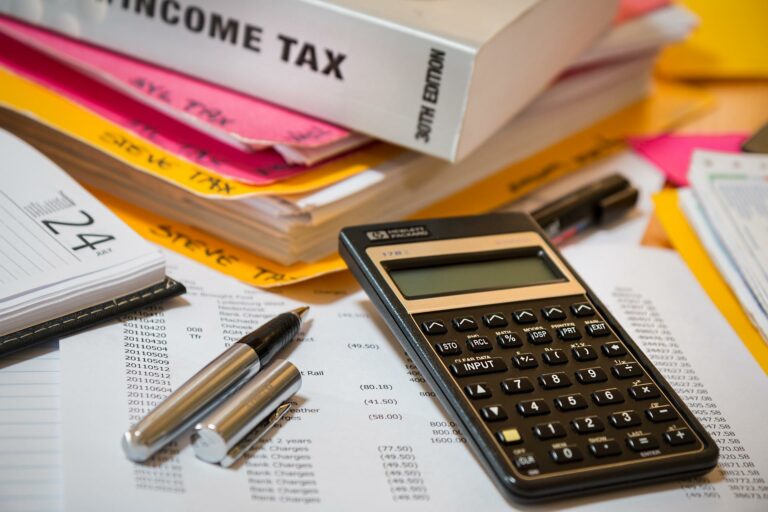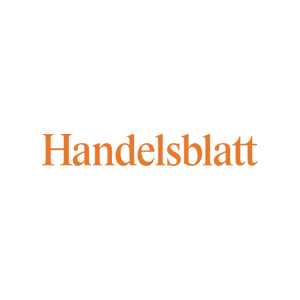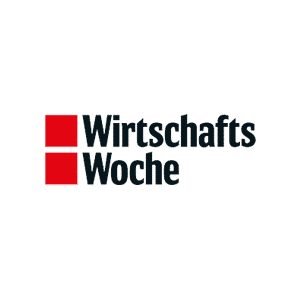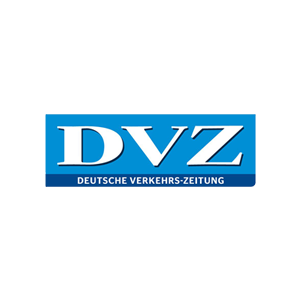For logistics companies, the end of the year is a significant period, because next year at the latest, the tax return is due. On the one hand, this applies to the companies themselves, but also to employees. 2022 is the year with various changes in tax law from which both parties can benefit. While employees make the tax return voluntarily, entrepreneurs are obliged to do so. Why it is nevertheless (almost) always worthwhile is shown by the innovations in tax law alone.
Non-cash benefits for employees may be higher in the future
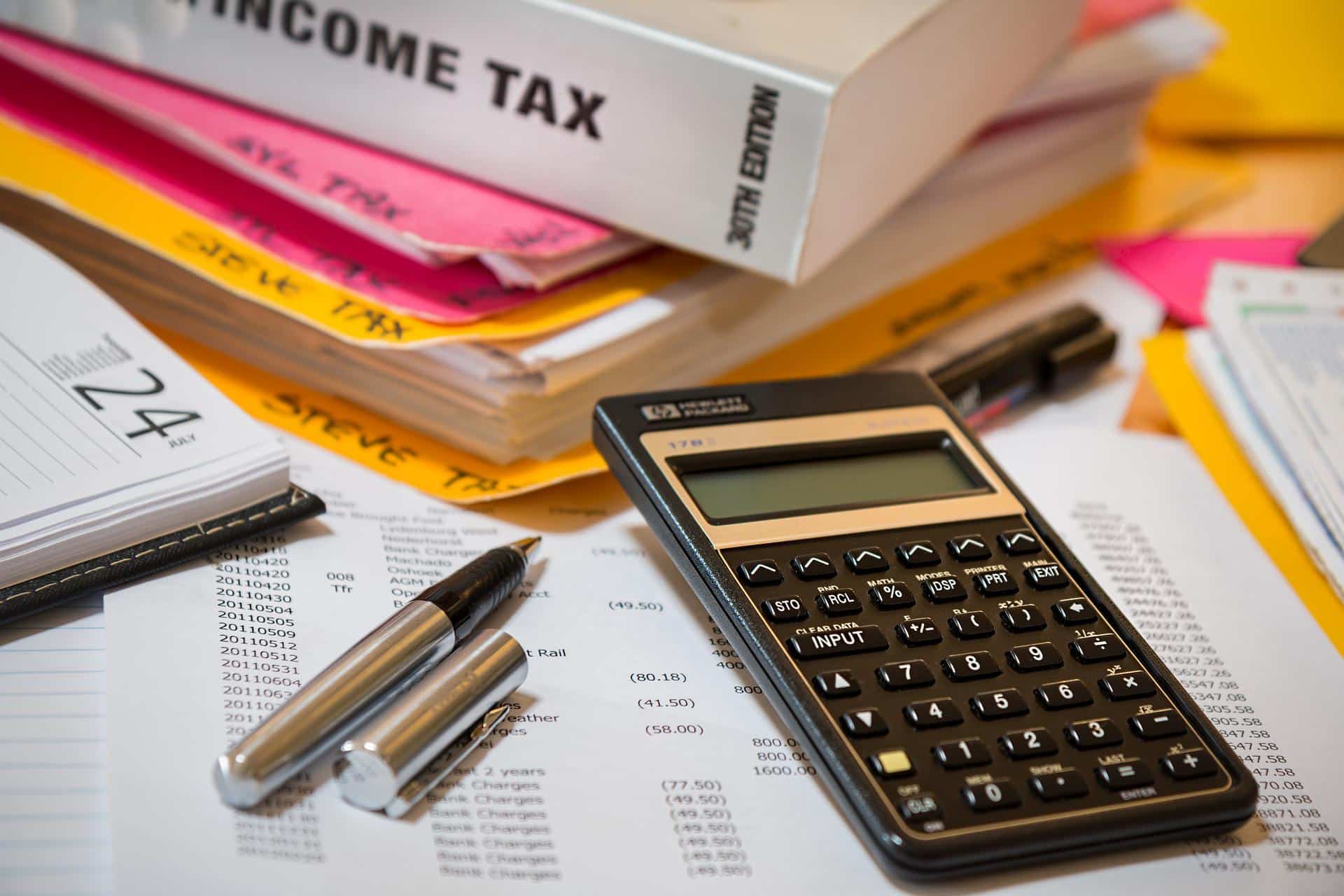
The management of a logistics company must submit the income tax return for self-employed persons to the tax office once a year and ensure that profits are taxed accurately. Since 2022, however, there have been new regulations here that can benefit employees and employers alike.
Until now, companies were allowed to give their employees non-cash benefits (benefits from the employer to the employee, which provide the employee with a non-cash benefit, are generally considered non-cash benefits under tax law) up to a maximum of 44 euros per month without taxation. This exemption limit has now been increased to 50 euros per month, but care must be taken here.
Money cards or vouchers may only be used to purchase goods from the issuer of the voucher. In addition, the cash card may only be redeemed in a prescribed regional area. Anyone giving tax-free non-cash benefits must obtain precise information beforehand.
Paying into a company pension scheme tax-free – profit on both sides
Around 53.9 percent of employees use company pension plans, and since 2022 there have been tax advantages for both sides here. If part of the vacation or Christmas bonus is paid in the form of direct insurance or a pension fund, these amounts are tax-free for both parties up to a maximum limit of 6,768 euros. Payments into Rürup pensions or other basic retirement plans can also be claimed as special expenses, which in turn reduces the tax burden. From 2022, single employees will have the option of deducting a maximum sum of 25,639 for planned retirement provision, and this sum will be doubled for married couples.
Extension of the home office allowance until the end of the year.
Especially in the areas of logistics and warehouse management, the topic of digitalization is becoming more important, and those who have the opportunity are giving employees the chance to work from their home offices. It is therefore all the more pleasing that the home office flat rate has been extended initially until the end of 2022. Employees and entrepreneurs can claim a flat rate of five euros for each day worked at home as a profit-reducing business expense, up to a maximum total of 600 euros.
Whether there will be a further extension after the end of the year remains to be seen. However, there are also deduction options for the expense of a home office workroom outside of this separate lump sum, which was particularly popular due to its simplicity.
Less interest burden for late tax payments
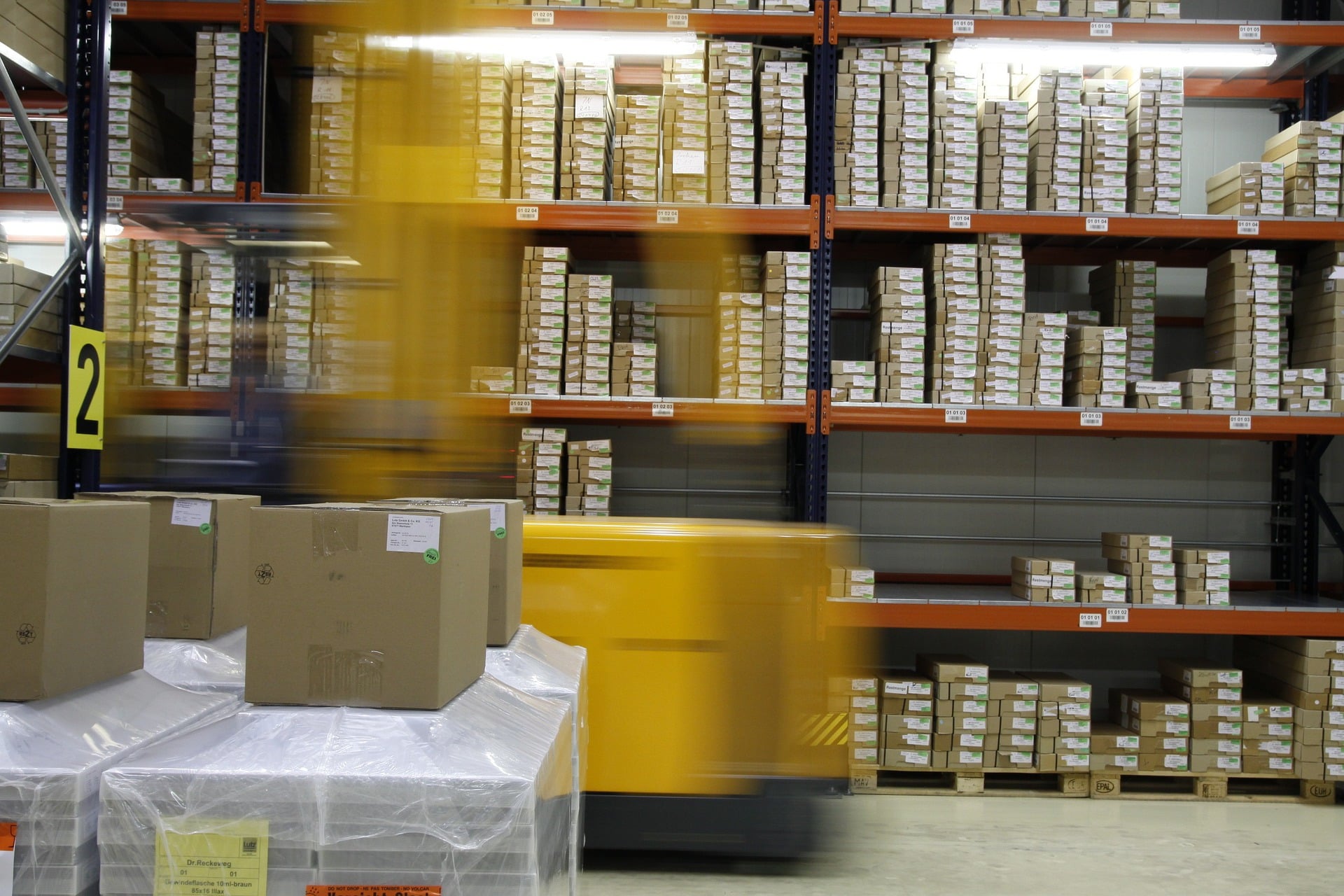
The entire logistics industry is changing, and opportunities like artificial intelligence are optimizing value chains and simplifying workflows. However, there are things that people are responsible for, and that includes tax returns. If it is submitted late or if the payment of the tax burden is missed, the tax office makes this mishap pay dearly. However, the Federal Constitutional Court has recognized that the interest for additional payments at the tax office is not constitutional and the federal government had to intervene regulating.
Whereas an interest rate of six percent was previously applicable, a significantly lower surcharge will be due from mid-2022. The only disadvantage is that six percent will no longer have to be paid even in the case of refunds from the tax office, because the new regulations apply to both parties.
Investment deduction extended – investments still possible in 2022
For small and medium-sized logistics companies, investment deductions are one of the most important tax benefits that result in an increased willingness to invest. Deductions claimed by the company in 2017 were originally scheduled to end at the end of 2021. Consequently, the investments would have had to be made in the last year or the investment deduction would have been requested to be reversed.
However, the German government has now decided to extend this deadline to the end of 2022. This means that investments can still be made during the course of the year in order to actually claim investment deduction amounts against the tax office.

